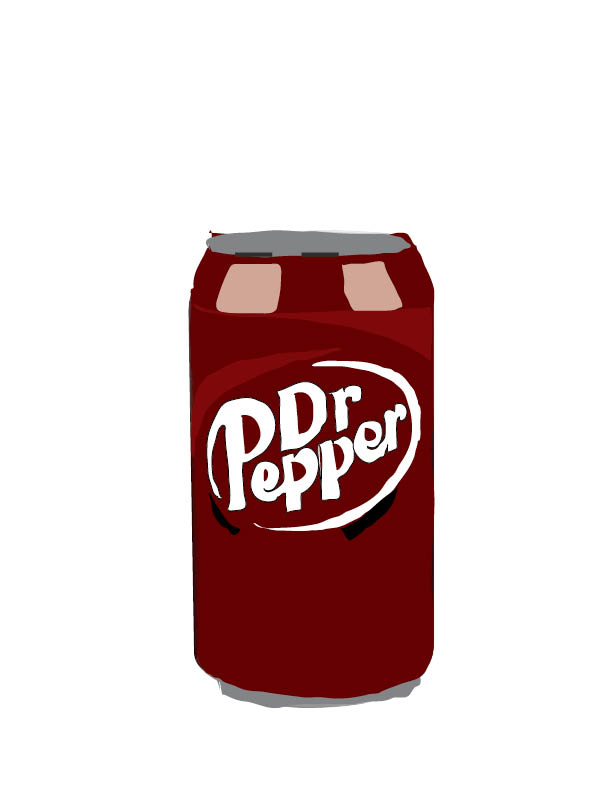Dr. Pepper’s Not a Real Doctor
The health deficits of increased soda consumption overshadow the positives
What would you risk for a can of soda? Your health? Or perhaps your longevity? Prolonged consumption of soda can lead to major health problems, some of which are life-threatening while other health risks are, severe and life-long, but manageable with the correct medications.
The sheer amount of sugar in a single can of soda is enough to cause a mass insulin reaction in the body and increase the risk of developing diabetes. While one can of soda every few weeks won’t cause an exponential risk in developing severe health issues, drinking soda with a meal everytime you go out to dinner or at every social gathering can increase those health risks.
Most soda manufacturers don’t use real cane sugar, instead, soda is created using artificial sweeteners which have been linked to more serious health issues. One of the most common artificial sweeteners in soda is aspartame, which has been connected to health problems including, multiple sclerosis, brain tumors and seizures.
With potential life-threatening illnesses like these, why do people still drink soda? Although soda isn’t as addictive as drugs like nicotine and alcohol are, the artificial sweeteners in soda can cause psychological dependency that mimics classic addictions. Also, the social situations that surround soda consumption can contribute to habitual soda drinking, such as, backyard picnics, work-related potlucks, or when a friend offers you a soda at their house.
At restaurants, soda costs about $2.50 per glass, where water is a free amenity. Not only is soda depleting your chances of leading a healthy, long life, but it also costs more to do so!
While the negative effects of drinking soda far outweigh the positives, soda offers a safer option to recovering alcoholics, and most bars offer free soda to designated drivers. So, if your daily routine includes a can of Dr. Pepper with your lunch, maybe switch to a drink with real cane sugar, or drink water.

Victoria Wilson is a senior staff writer for “The Tiger Print.” In her free time she works part-time at Chipotle and enjoys to read non-fiction psychology...




